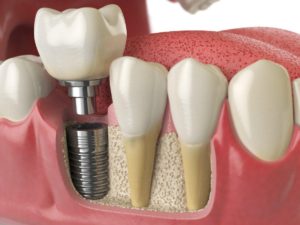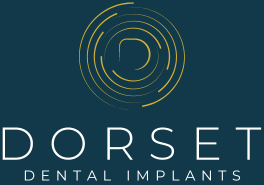Who can have an implant?
The simple answer to this question is pretty much anyone who has lost, is about to lose, or will lose a tooth or teeth in the future.
There are a few exceptions to the rule on this one. Individuals who are on a certain group of drugs known as bisphosphonates, that have been administered intravenously, usually as part of treatment for certain cancers or other rare conditions are not able to have dental implants as there is a risk their jawbone would not heal correctly around the implant, which can lead to further debilitating complications.
We need to assess the condition of your mouth as a whole, your existing teeth and gums and your available jawbone for the safe placement of the implants.
This would be carried out during your intital consultation process.
Patients often are surprised when we tell them they are suitable for dental implants as they have been told by a previous dentist that they cant have them as they don’t have enough bone.

The jawbone often needs to be assessed by the use of a CT scanner, and we have invested in a high end scanner for that purpose here at the practice. Your mouth, teeth and gums are also routinely assessed in a very similar fashion to when you visit the dentist for an examination.
You may just find that we spend a lot more time than a routine exam or “check up” during this consultation as there are several more parameters we need to measure during that process, all of which are simple, easy, non invasive and most of all completely painless.
Another thing we hear from our patients alot is that they think they would be too old to have implants and that their bone would not heal properly to the implant.
This is completely incorrect.
Advancing years is not a determining factor when it comes to our ability to place implants and your ability to heal, in fact we have successfully placed implants in a 94 year old women who enjoyed several years of improved dental function after we had restored her mouth, and many of our implant colleagues have similar stories.
Lastly we often also hear our patients say that they assumed they could not have implants as they have lost too much bone through gum disease.
It may or may not be the case that the do not initially have enough bone for us to place the implants, but if they do not have enough bone we have many methods whereby we can predictably stimulate your body to grow new bone back to where it had been lost from, and implants can then be placed in the future.
